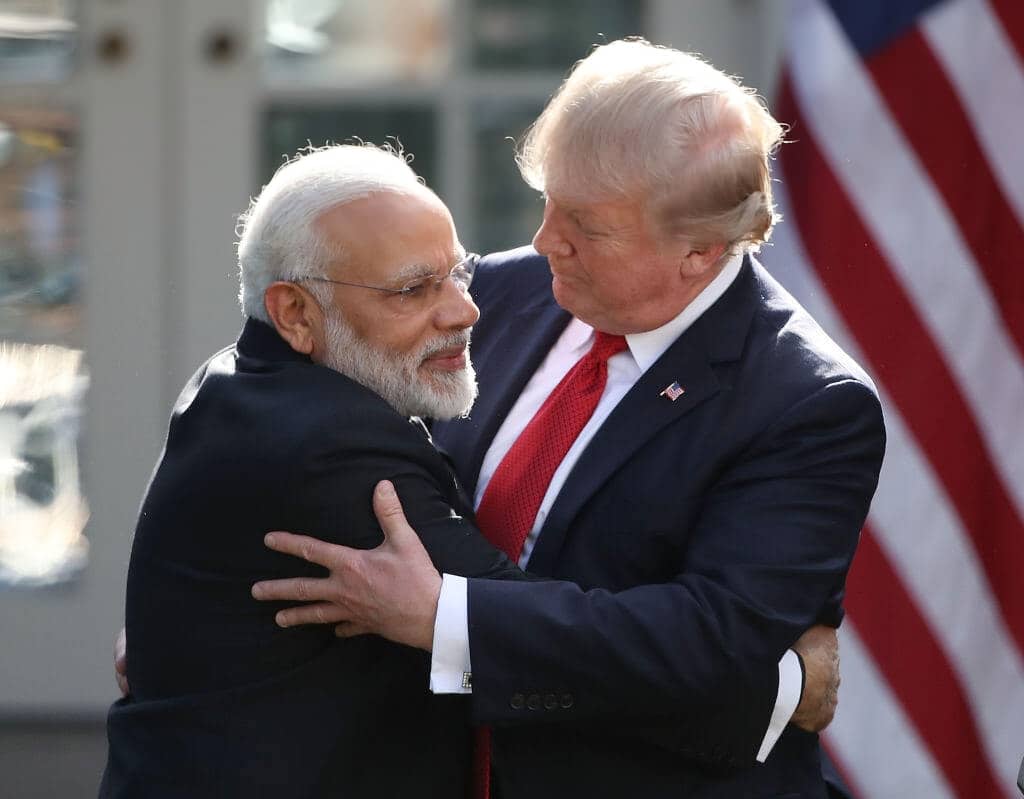India’s startup ecosystem is the ray of light amid
India harbours the third largest startup ecosystem in the world – behind only China and the US. With the business landscape in India becoming more conducive for entrepreneurship with each passing year, investment activity in the country reached a gigantic $63 billion in 2021. This has led to India minting unicorns at a never-before-seen pace – more than 100 at the time of writing. (A unicorn is a privately held startup valued at over $1 billion).
India witnessed a rise of 15,400% in the number of startups, from 471 in 2016 to 72,993 in 2022. However unrealistic these numbers sound, they are 100%correct. From getting groceries delivered to your home to making online payments, everyone in India is now living in a startup universe. And this energy can be seen across sectors, from technology and food and beverage to automotive.
According to government data, growth in the startup ecosystem increased to 15% year-on-year in 2018, while the number of incubators and accelerators grew 11%. Significantly, the number of women entrepreneurs stood at 14%, up from 10% and 11% in the previous two years.
Our own Silicon Valley, Bangalore, has been listed among the world’s 20 leading startup cities by the 2019 Startup Genome Project. It also ranked as one of the world’s five fastest-growing startup cities.
What led to this sudden growth? Did people just wake up one day and decide they want to be entrepreneurs? That reasoning might not be totally off the mark, but it needed a spark – the boundless energy of youth.
There is no doubt that India houses some serious talent, and it’s not just about the quantity but the quality as well. Higher education in India is at its peak, with the Indian Institutes of Management and Indian Institutes of Technology churning out qualified and talented individuals year after year, hungry to make a mark in the world.
Most importantly, the government played a significant role through progressive policies and initiatives like ‘Make in India’ or the ‘Startup India Initiative’. It also moved to simplify the complex legalities involved in creating and nurturing startups. The government understands the value of working with disruptive innovators across the value chain, using their innovations to improve public service delivery. To that end, the Small Industries Development Bank of India launched a scheme to assist small and medium-sized businesses in need of growth capital and at least 26 states have startup-support policies.
It’s no wonder that, increasingly, the youth now aspire to entrepreneurship. This has involved a shift in the mentality from entrepreneurship being risky to exciting. Indians have taken to the ‘more risk, more reward philosophy with a vengeance. Pop culture has had a hand in this, with OTT platforms featuring startup stories and international shows like ‘Shark Tank’ coming to India.
Another thing that has contributed greatly to the rise of startup culture is the fact that India has many needs. With our massive population, there will always be a need for something new or the need to make something better. Corporations understand this and are actively involved in the startup game themselves. Since most conglomerates lack agility and innovation, and since most early startups lack funds, startup-corporate relationships are being built on a foundation of mutual benefit. Many big corporations have developed successful incubators specifically for startups.
With the after-effects of the COVID-19 pandemic still lingering, the global economy is experiencing a downturn because of high-inflation and a possible recession in the US. Economic growth across the globe has slowed considerably. Amidst this gloom and uncertainty, the Indian startup ecosystem doesn’t seem to be letting up.
Economists have projected that this is just the start of a mega growth curve – the Indian startup economy is here to stay, becoming a major contributor to the economy.



